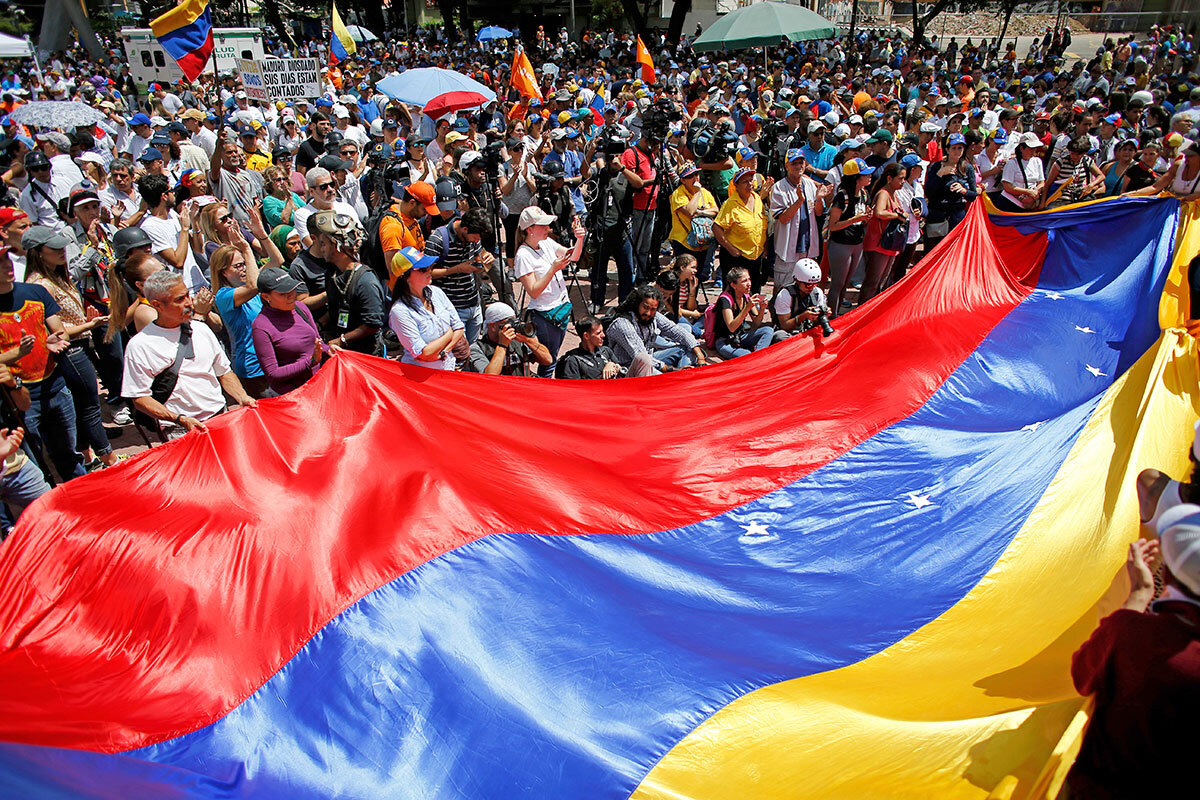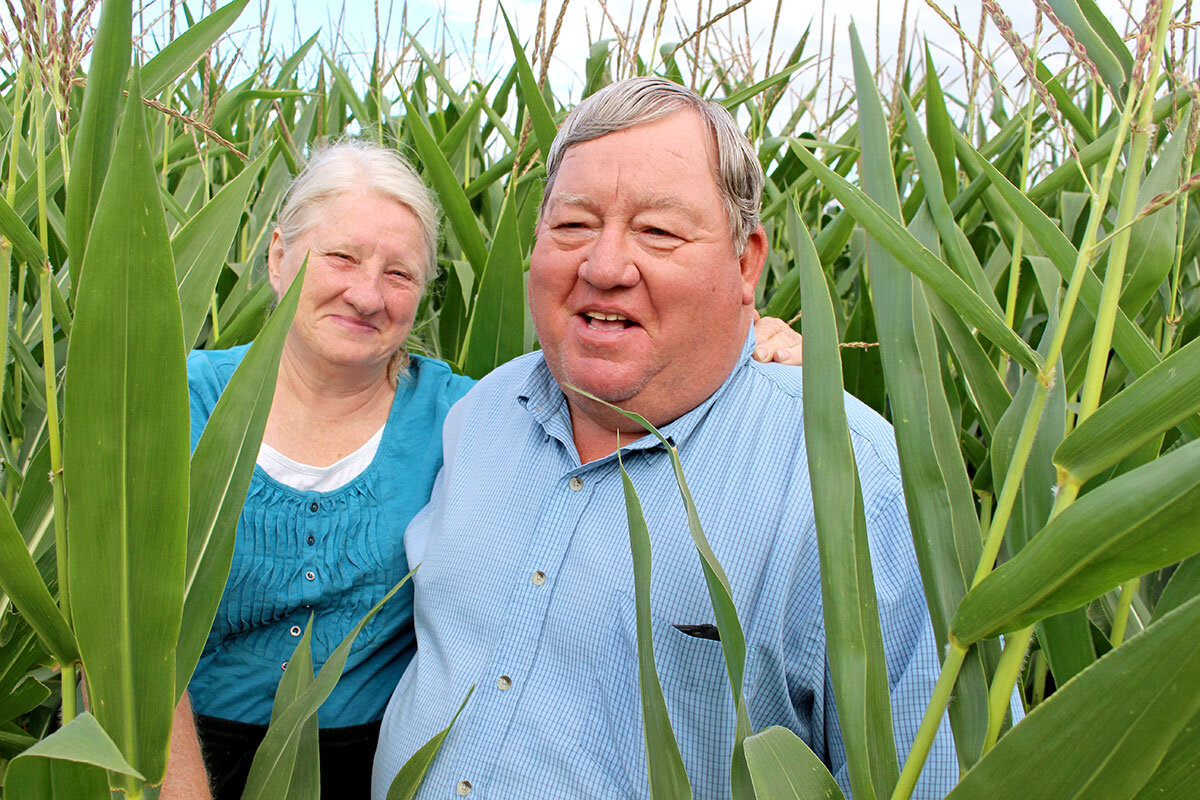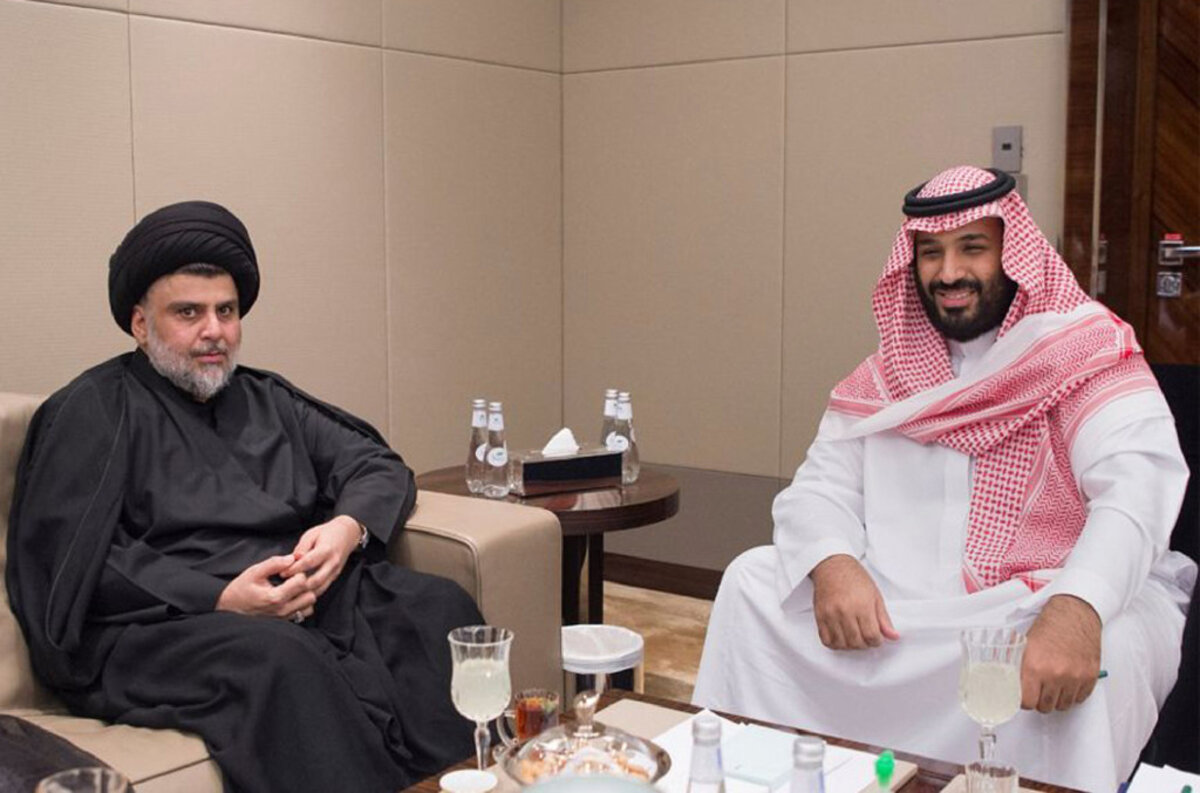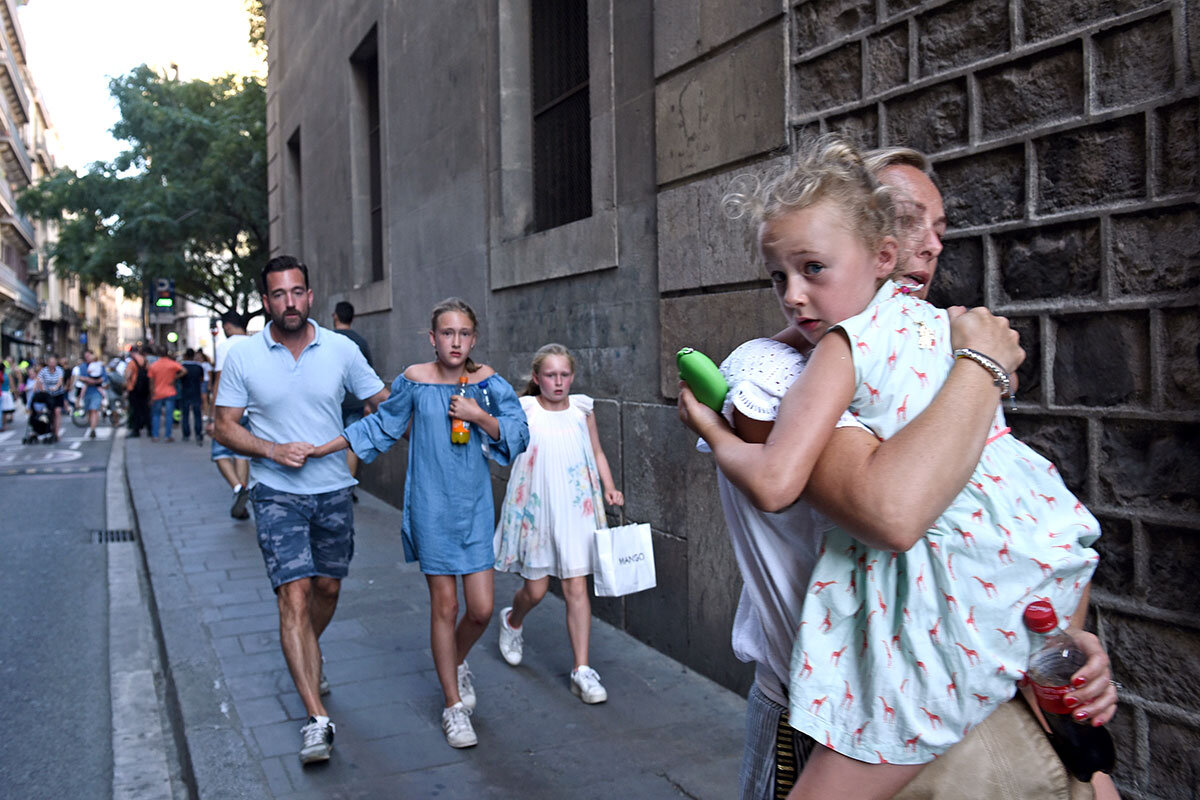Big companies are a lagging barometer for the nation's moral atmosphere. Mostly, they want to sell stuff and stay out of politics. That's what makes many CEOs' increasingly public break from the Trump administration unusual.
Monitor Daily Podcast
- Follow us:
- Apple Podcasts
- Spotify
- RSS Feed
- Download
 Mark Sappenfield
Mark Sappenfield
“We still have hope because we have so many young people who are prepared to sacrifice their freedom to fight for democracy for our society.”
Those were the words of Joshua Wong, one of three influential pro-democracy protesters in Hong Kong taken to prison by Chinese authorities Thursday.
Freedom always matters. It is one of humanity’s noblest goals. But it can often matter more when its costs are made plain. For Mr. Wong, the demand for political freedom will cost him six months in prison and a chance to run for office for five years.
Yet by freedom’s peculiar math, Wong almost certainly won something Thursday, too. History shows that the highest expression of liberty has often been one of sacrifice – actions that amplify power of freedom through the purity of a radical selflessness.
Beijing may have imprisoned a young man, but it also unleashed an ideal. “If anything is to galvanize the international community,” one human rights activist tells The Guardian, “then it is the sentencing of three young men who have committed no crime apart from a political crime.”
We are monitoring the apparent terror attack in Barcelona Thursday. For now, please check CSMonitor.com for details.
Here are our five stories for today:










